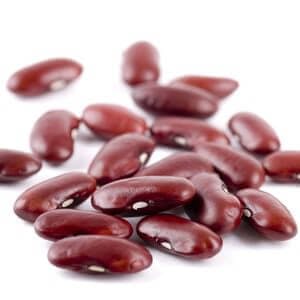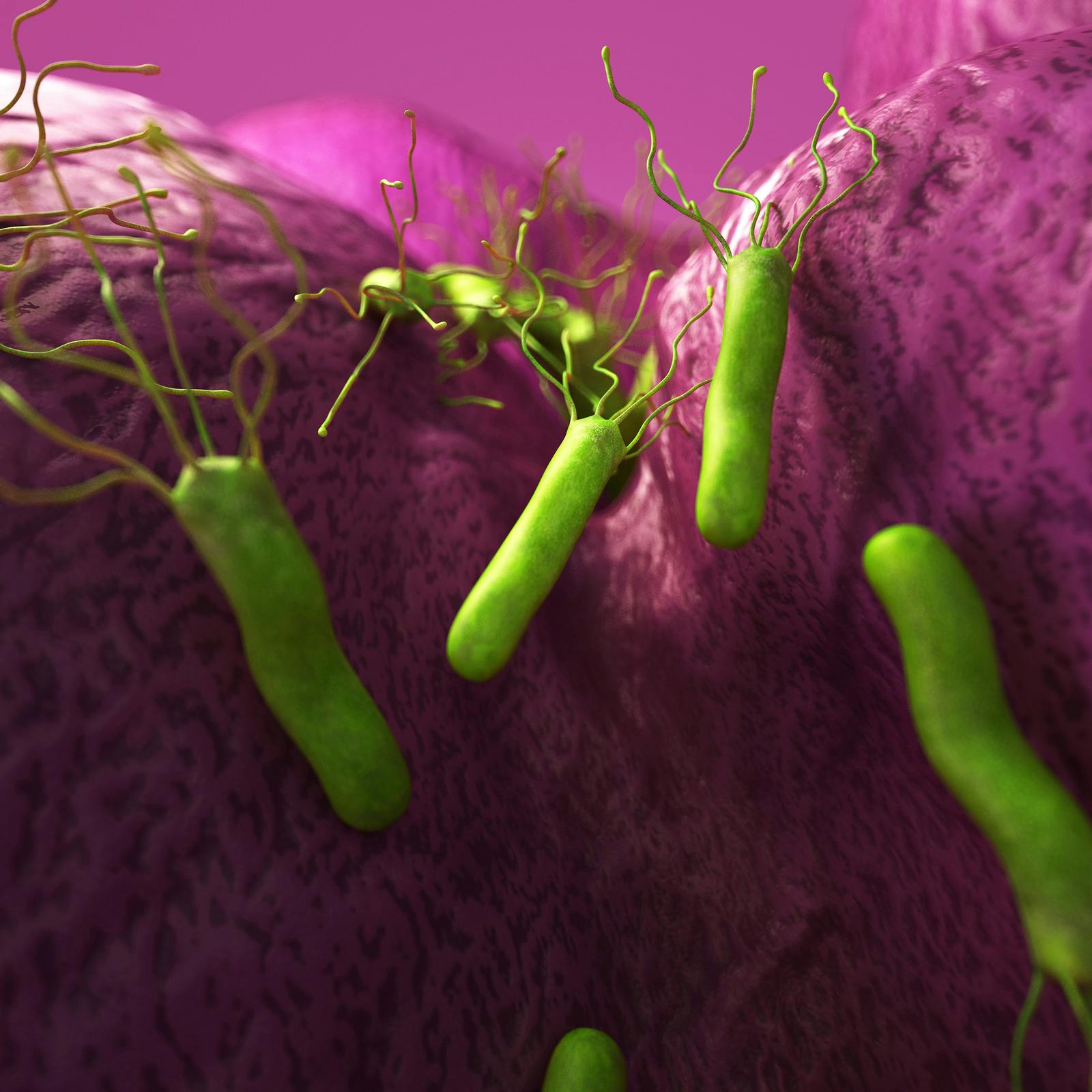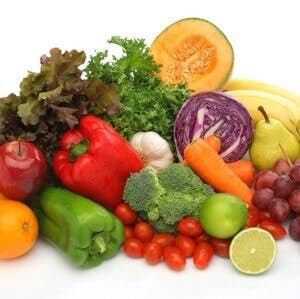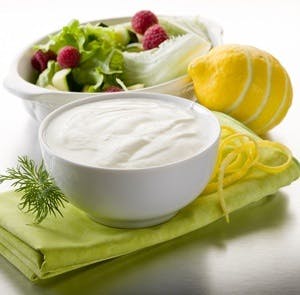Articles categorized as Flatulence Gas
What Should You Know About Flatulence?
Things we should all know about flatulence: bread, pastries and other foods made from flour are common culprits. So are apples and raisins.
How to Prepare No-Gas Beans
Pre-soaking beans and discarding the water is one approach to making no-gas beans. This can allow you to enjoy the benefits of legumes without the downside.
Why Do Beans Make You Fart?
Many healthful foods, including legumes like beans and chickpeas or crucifers like broccoli and cabbage, have a downside. They create gas, or less delicately, make you fart.
Is H Pylori Responsible for Bad Flatulence?
Stomach infection with H. pylori can cause ulcers and lead to stomach cancer. It may also make its presence known through bad breath and flatulence.
Will Probiotics Cut Gas from Drinking Milk?
Will probiotics cut gas due to lactose intolerance? Avoiding dairy products might be more effective, but some probiotic products could help.
How Can You Overcome Gas from Metformin?
A number of natural products, from probiotics to spices and herbs such as fennel, ginger or peppermint, may help ease gas from metformin.
Why is the FODMAP Diet Gaining Converts?
We bet you have never heard of the FODMAP diet, right? It could be the next big thing in gastroenterology for a variety of GI problems, especially gas.
How to Track Down the Cause of Smelly Gas
Smelly gas can be embarrassing, so finding and eliminating the source is useful; might it be a multivitamin?
Smelly Indian Spice Offers Relief from Flatulence
People suffering from embarrassing flatulence could benefit from an old Indian remedy known as "hing" in Hindi and asafetida in English.
Dr. Low Dog Discusses Flatulence
Taking a bit of bitters before a meal can help prevent flatulence from healthful but gas-producing foods.
How to Fight Post-Holiday Flatulence with Fennel Seed Tea
Home remedies for smelly gas include fennel tea, flax, and Angostura Bitters to name just a few.
Healthy Foods Foster Flatulence: How to Prevent Gas?
A healthy diet can cause excess flatulence, but there are effective solutions for managing this common problem.
Simple Seed Solved Gas Problem
No one like the unpleasant feeling (or stench) of gas. Fortunately there are a number of good home remedies that can be quite helpful for treating it.



















